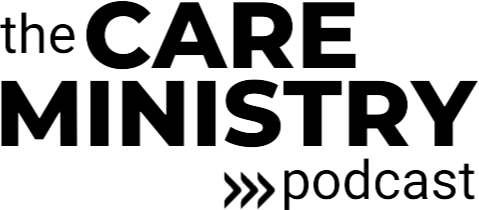
A show about equipping ministry leaders and transforming communities through care.
Supporting those in your church and community not only changes individuals’ lives, but it grows and strengthens the Church. But we want to do that without burning out. So listen in as we learn about tools, strategies, and resources that will equip your team and strengthen hope.
Listen To The Podcast
Hey there, I'm Laura
I’m a mental health clinician and community development strategist for churches that want to care for their communities without burning out.
Supporting local church leaders to overcome and prevent burnout, create effective and sustainable care ministries and be a beacon of hope for their community is what I love to do!
I believe that when church leaders are healthy and when congregations are healed and transformed, they are more able to fulfill the gospel mission.




